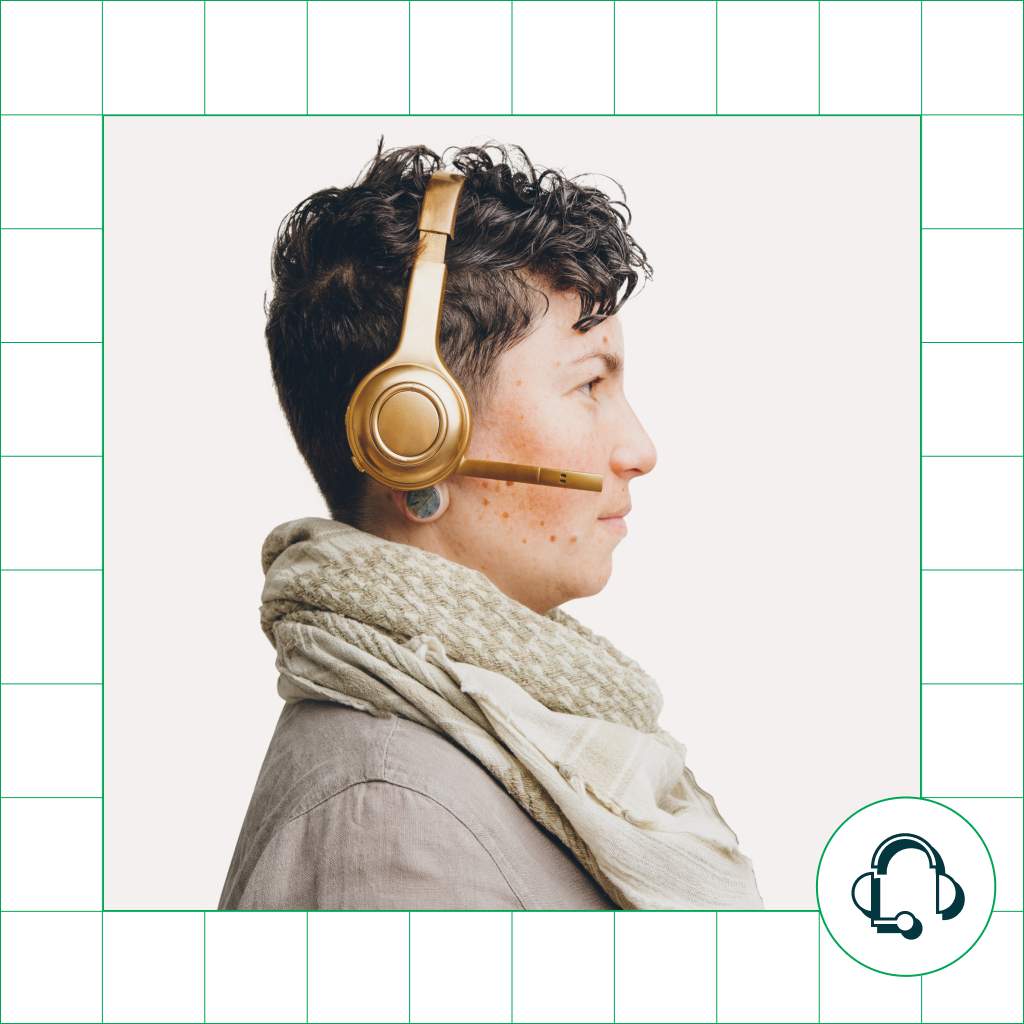最佳做法
每個人都需要知道的客戶服務字眼
客戶支援業務有時看起來好像有自己的一套語言。 在某些例子中,那些字詞對任何人來說都耳熟能詳——舉例來說「代理」或「自助服務」——但使用時的背景可以令他們有截然不同的意思。 另一些時候,你口中的客戶服務專有名詞甚至不是一個詞語,而是一堆簡稱—— 例如CSAT(客戶滿意度)、NPS(淨推薦值)、 KCS(知識為中心服務)等。 不論這些專有名詞用甚麼方式出現,它們的意思可能對團隊來說很明顯,也可能相反,全都取決於每個人的職責和經驗。
行業
工具
文章
1 min read
什麼是 WhatsApp Business?了解 WhatsApp 和 WhatsApp Business 之間的區別
WhatsApp 是世界上最受歡迎的交談 app,擁有高達 25 億使用者。如果您的企業未採用 WhatsApp,您可能錯失為客戶提供支援的絕佳良機。以下為您啟用前應了解的事項
文章
客戶服務專用企業簡訊
商業文字傳訊運用時下盛行的行動通訊管道,包括 SMS 和像是 WhatsApp 和 Facebook Messenger 等擁有數十億使用者的聊天 App,來提供更好的客戶體驗。
行政人員洞見
文章
數位轉型時期,零售商錯過哪些商機
本年度全美零售業聯盟展 (NRF) 活動擺脫讓零售業天翻地覆的疫情陰霾,全神貫注於應對變動。 世界最大零售貿易協會邀請業界專家,分享他們的故事和建議,說明如何因應新常態,以迎合消費者、採用新的交流管道。
文章
如何應對 COVID-19 對客戶支援產生的持久影響
請暫時忘記您對客戶支援的瞭解。在短短的幾個月內,COVID-19 改變了企業與客戶互動的方式。做為客戶,我們收到了來自曾有業務往來的幾乎所有公司的通訊。
指南、研究,以及更多內容
白皮書
各家公司如何在從 Salesforce 轉為 Zendesk 後蓬勃發展
Companies that switch from Salesforce to Zendesk gain innovation, agility, and the ability to deliver superior, modern customer experiences — all while achieving a lower cost of ownership
白皮書
努力改善表現的中小企業客戶體驗領導者如何推動企業成功
為協助中小企業的客戶體驗領導者確認自己的立場並建立未來的藍圖,Zendesk 與 ESG Research 合作建立了客戶體驗成熟度與成功的架構。以下報告提供這些調查結果的總結
每個人都需要知道的客戶服務字眼
客戶支援業務有時看起來好像有自己的一套語言。 在某些例子中,那些字詞對任何人來說都耳熟能詳——舉例來說「代理」或「自助服務」——但使用時的背景可以令他們有截然不同的意思。 另一些時候,你口中的客戶服務專有名詞甚至不是一個詞語,而是一堆簡稱—— 例如CSAT(客戶滿意度)、NPS(淨推薦值)、 KCS(知識為中心服務)等。 不論這些專有名詞用甚麼方式出現,它們的意思可能對團隊來說很明顯,也可能相反,全都取決於每個人的職責和經驗。
甚麼是客戶保留率? 11個保留客戶的策略
企業致力將營銷、社交媒體和品牌策略結合,從而吸引客戶。 你已經投資了長時間和人力物力(或許也包括金錢)去獲取客戶的信任。 你想留住客戶是非常合理的事。 這就是注重客戶保留率的策略派上用場的時候。 要改善客戶保留率,你需要審視整體的客戶體驗。 客戶體驗包括客戶與品牌的所有互動中有何想法和感覺。 與客戶之間的互動,例如解決支援工單,或品牌如何傳達自己的價值,是其中幾個可以影響品牌與買家關係的因素。 你想留住客戶,就需要創造一個順暢的體驗,讓客戶在過程中保持愉快。 然而,如果你讓客戶失望,將面臨流失客戶的危機,甚至來不及扭轉局面。 甚麼是客戶保留率? 客戶保留率定義 客戶保留率指一家企業將客戶變成常客,並防止他們轉投競爭對手的能力。 它顯示了你的產品和服務質素能否取悅你的已有客戶。 它也是多數以訂閱為本的企業和服務供應商的命脈。 客戶保留策略是企業建立客戶忠誠度和改善客戶終身價值的過程和原動力。 保留客戶與獲取新客戶或潛在客戶不同。…
報告: 亞太地區中大型企業客戶體驗成熟度狀態
卓越的客戶體驗需要集眾人之力,而要找出最具策略性投資價值的地方卻不容易。 為了協助企業做出以數據為導向的決策,Zendesk 特地與 ESG Research 合作,一同打造有關客戶體驗成熟度與成功的客戶體驗架構。 以下報告針對亞太地區 (APAC) 的中大型企業提出心得摘要: 中大型企業的客戶體驗成熟度狀態: 研究顯示推進客戶體驗成熟度是一項關鍵任務。 在訪問了世界各地的客戶體驗領導廠商之後,ESG 發現四個客戶體驗成熟度等級:領航企業、穩健邁進、後起之秀及初生之犢。 這四種企業等級分別具有下列特徵:值得誇耀且其客戶體驗運作順暢、穩健邁向卓越客戶體驗、剛取得進展,以及有可能落後其他同業。 本報告是依據澳洲、日本、新加坡與韓國四地的企業決策者問卷調查資料而來。 了解亞太地區的客戶體驗推動進展: 新加坡企業所面臨的問題大多數與專員留任有關: 當地有 18% 的企業表示此問題相當嚴重,而且與澳洲 (8%)、日本…
甚麼是客戶體驗? 如何帶來良好的客戶體驗
客戶對企業的期望現已變得更高,這有誰不能理解呢? 我們都曾遇過優秀和惡劣的客戶體驗。 在想提供的客戶體驗和有限的內部支援,以及其他優先考慮之間取得平衡,已為企業帶來更大壓力——特別是當享受成果的,是那些以以客為本而聞名的企業。 在這篇文章中,我們會探討: 客戶體驗的定義 客戶體驗很重要的原因 客戶體驗的趨勢和數據 優秀的客戶體驗 改善客戶體驗 分析和量度客戶體驗 客戶體驗管理 客戶體驗書籍 客戶體驗的意思是? 客戶體驗是所有會影響客戶對一間企業的觀感的事。 「客戶體驗是一位客戶與該企業或品牌建立的整段關係中的所有互動的總和」Annette Franz,CX Journey創辦人兼行政總裁。…
訂閱網誌
關於客戶服務、銷售提示、指南以及行業最佳實務的最佳資訊來源。加入我們。 加入我們。
